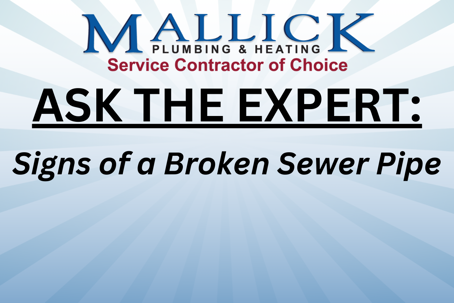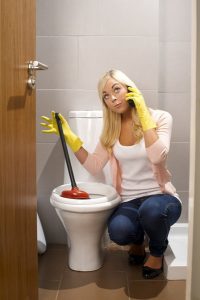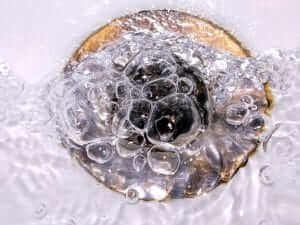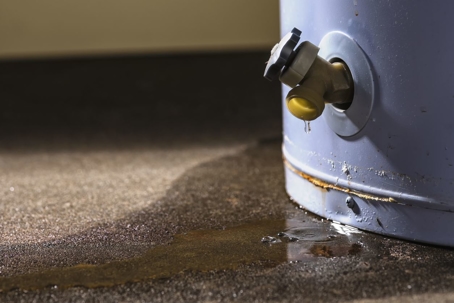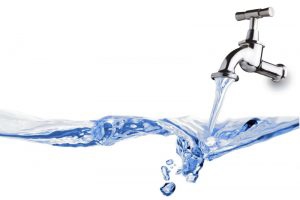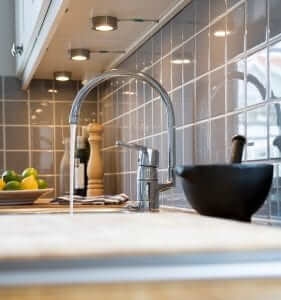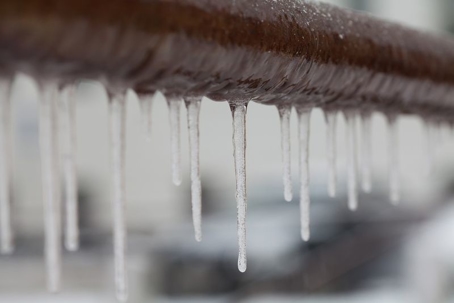A broken sewer pipe can lead to significant problems in your home if not addressed quickly. From unpleasant odors to potential structural damage, the consequences of a damaged sewer line can be both costly and hazardous. Knowing the early warning signs can help you take action before the problem worsens.
Common Sewer Pipe Repair Signs
Sewer pipes are typically buried deep underground, which can make it difficult to detect when they’re damaged. However, there are several external and internal signs to look for that can indicate a problem with your sewer line. Recognizing these early signs can help you avoid extensive and expensive repairs.
Here’s a few signs to look out for:
-
Foul Odors: One of the most noticeable indicators of a broken sewer pipe is the smell of sewage. If you notice a persistent foul odor, particularly around your drains, yard, or basement, sewage may be leaking from your pipes. This smell should never be ignored as it can indicate a severe issue that requires immediate attention.
-
Slow Drains: Slow-moving drains throughout your home can be a symptom of a blocked or damaged sewer line. If you notice that more than one drain is slowing down, especially in the kitchen or bathroom, it’s a sign that there might be a clog or break in the main sewer line.
-
Sewage Backups: Sewage backing up into your home is a major red flag. If water or sewage starts coming up through your drains, particularly in lower levels of your home like the basement, it’s a clear indication of a sewer line issue. Backups often occur when the main sewer line is damaged or blocked, preventing wastewater from flowing out properly.
Noticing any of these signs? We can help! Call us at (301) 804-6759 to speak with a knowledgeable Mallick Plumbing & Heating Team Member.
Broken Sewer Pipe Symptoms
In addition to external signs like odors and backups, there are internal symptoms that could point to a broken sewer pipe. Here’s what to look for inside your home:
-
Mold Growth: If you notice mold growth on your walls or ceilings, particularly in areas near plumbing fixtures, it could indicate a leak from a broken sewer pipe. Mold thrives in damp environments, and leaking sewage or water from a cracked pipe can create the perfect conditions for it to grow.
-
Foundation Cracks: Over time, a broken sewer pipe can cause the soil around your home to shift, which may lead to cracks in your foundation. If you notice new or widening cracks in your walls, floors, or the foundation itself, a damaged sewer line could be to blame. This is a serious issue that requires prompt sewer pipe repair to prevent further structural damage.
-
Pest Infestations: A broken sewer pipe can create an entry point for pests like rodents and insects. If you start noticing an increase in pests around your home, especially near drains or in your basement, it could be a sign of sewer line damage.
What to Do if You Notice Sewer Line Damage Indicators
If you notice any of the above symptoms, it’s crucial to contact a professional plumbing service as soon as possible. The experts at Mallick Plumbing & Heating offer comprehensive sewer line inspections and repairs to quickly identify and address the problem. Using advanced technology such as video pipe inspection, we can accurately diagnose the issue and provide the appropriate repair or replacement solution.
The Importance of Timely Repairs
Ignoring broken sewer pipe symptoms can lead to costly and potentially hazardous consequences. If left unchecked, a damaged sewer line can cause:
-
Extensive Water Damage: A leaking sewer pipe can cause water damage in your home, leading to expensive repairs and mold remediation.
-
Health Hazards: Sewage contains harmful bacteria that can pose serious health risks if it seeps into your home or yard.
-
Increased Repair Costs: The longer you wait to address a broken sewer pipe, the more extensive the damage can become, leading to higher repair costs down the line.
If you suspect a problem with your sewer line, call us at (301) 804-6759 for expert assistance. Our experienced plumbers will assess the situation and recommend the best course of action to restore your sewer system and protect your home.

